Historic figures whose downfalls weren’t their fault
History is teeming with remarkable personalities whose lives took unexpected and often unfortunate turns. These figures, despite their groundbreaking contributions, were met with circumstances that overshadowed their achievements.
From misunderstood martyrs to inventors eclipsed by their rivals, the tales of these individuals serve as poignant reminders of the complexities of fame and recognition. As we delve into their stories, we uncover the intricate dance between personal triumphs and societal challenges.
Joan of Arc: A Martyr Misunderstood
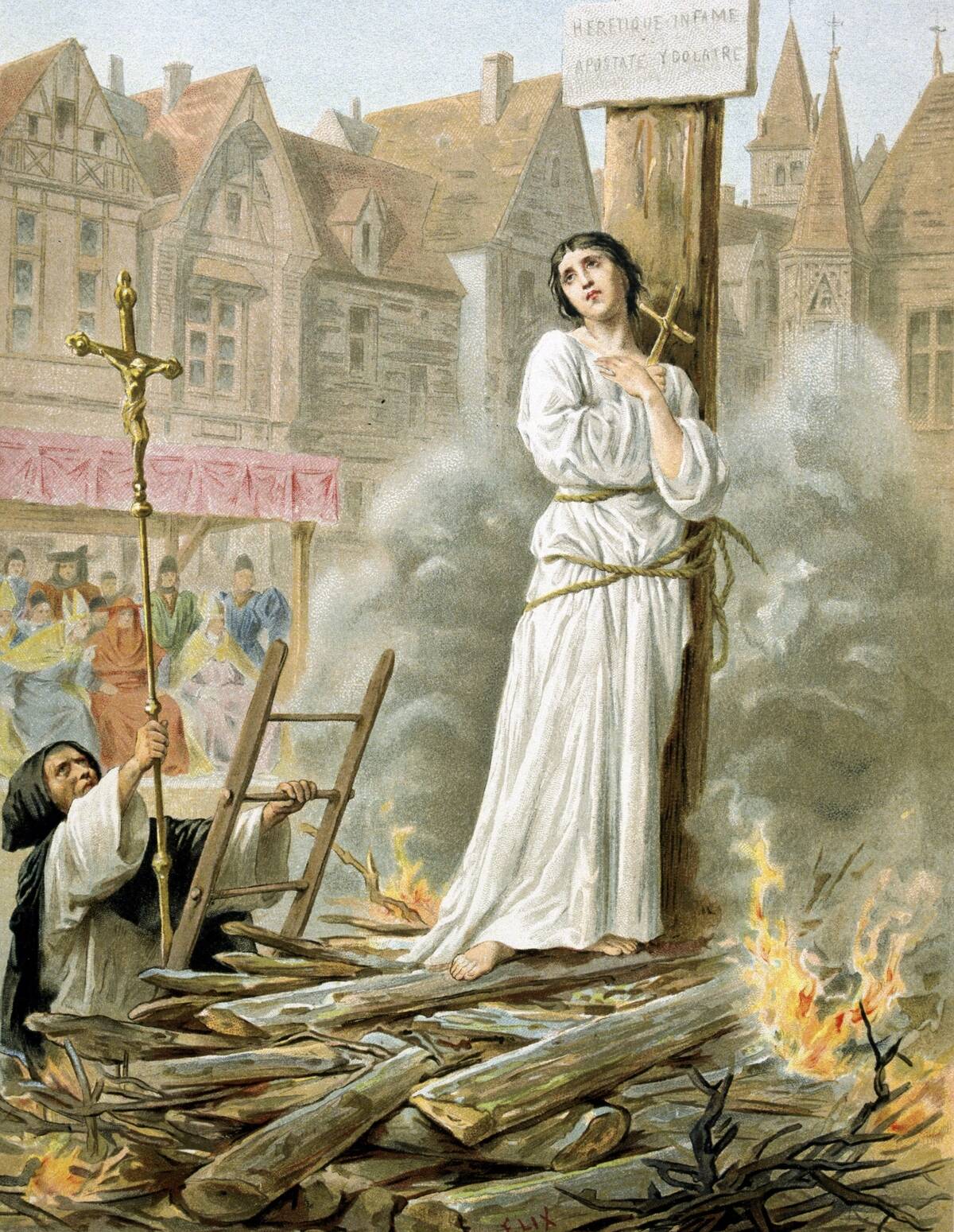
Joan of Arc, a young peasant girl, claimed divine guidance in her mission to support Charles VII and drive the English from France. Her visions and leadership at the Siege of Orléans in 1429 turned the tide of the Hundred Years’ War.
Despite her pivotal role, Joan was captured, tried for heresy, and burned at the stake in 1431. Decades later, she was exonerated and canonized, illustrating how perceptions can shift dramatically over time.
Galileo Galilei: The Science Pioneer Condemned by Dogma

Galileo Galilei, often hailed as the father of modern observational astronomy, championed the heliocentric model of the solar system. His support of Copernican theory, however, put him at odds with the Roman Catholic Church.
In 1633, Galileo faced the Inquisition and was forced to recant his findings, spending the remainder of his life under house arrest. Centuries later, the Church formally acknowledged its error, a testament to the enduring power of scientific truth.
Anne Boleyn: The Queen Caught in a Political Web
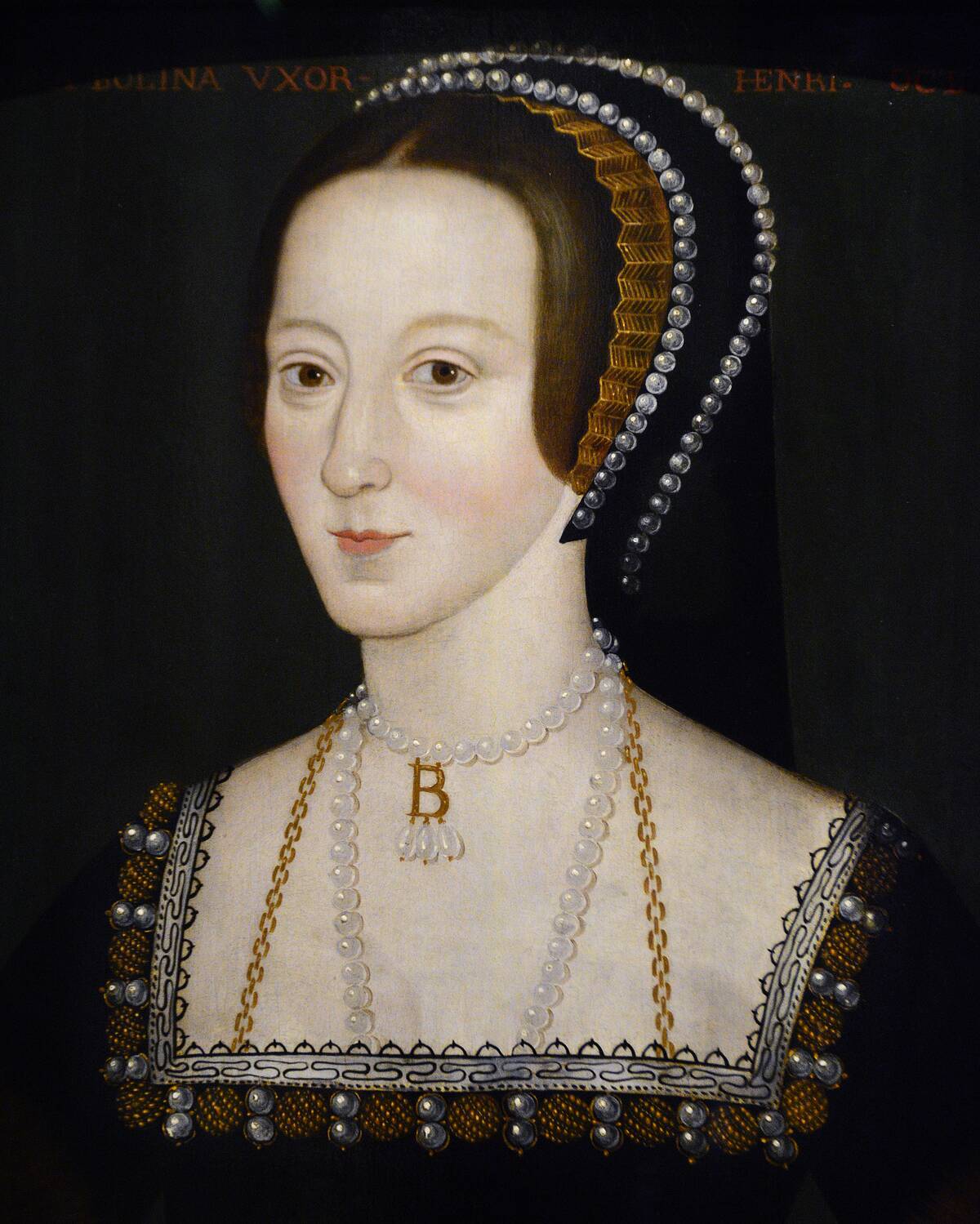
Anne Boleyn’s rise to become the Queen of England was as swift as her fall was tragic. Marrying Henry VIII led to England’s break from the Catholic Church, but Anne’s failure to produce a male heir sealed her fate.
Accused of treason, adultery, and incest, she was executed in 1536. Today, historians continue to debate the validity of these charges, highlighting the volatile nature of Tudor politics and the precarious position of women in power. Nonetheless, the majority of historians now believe the charges were largely without merit.
Nikola Tesla: The Inventor Overshadowed by Rivalries
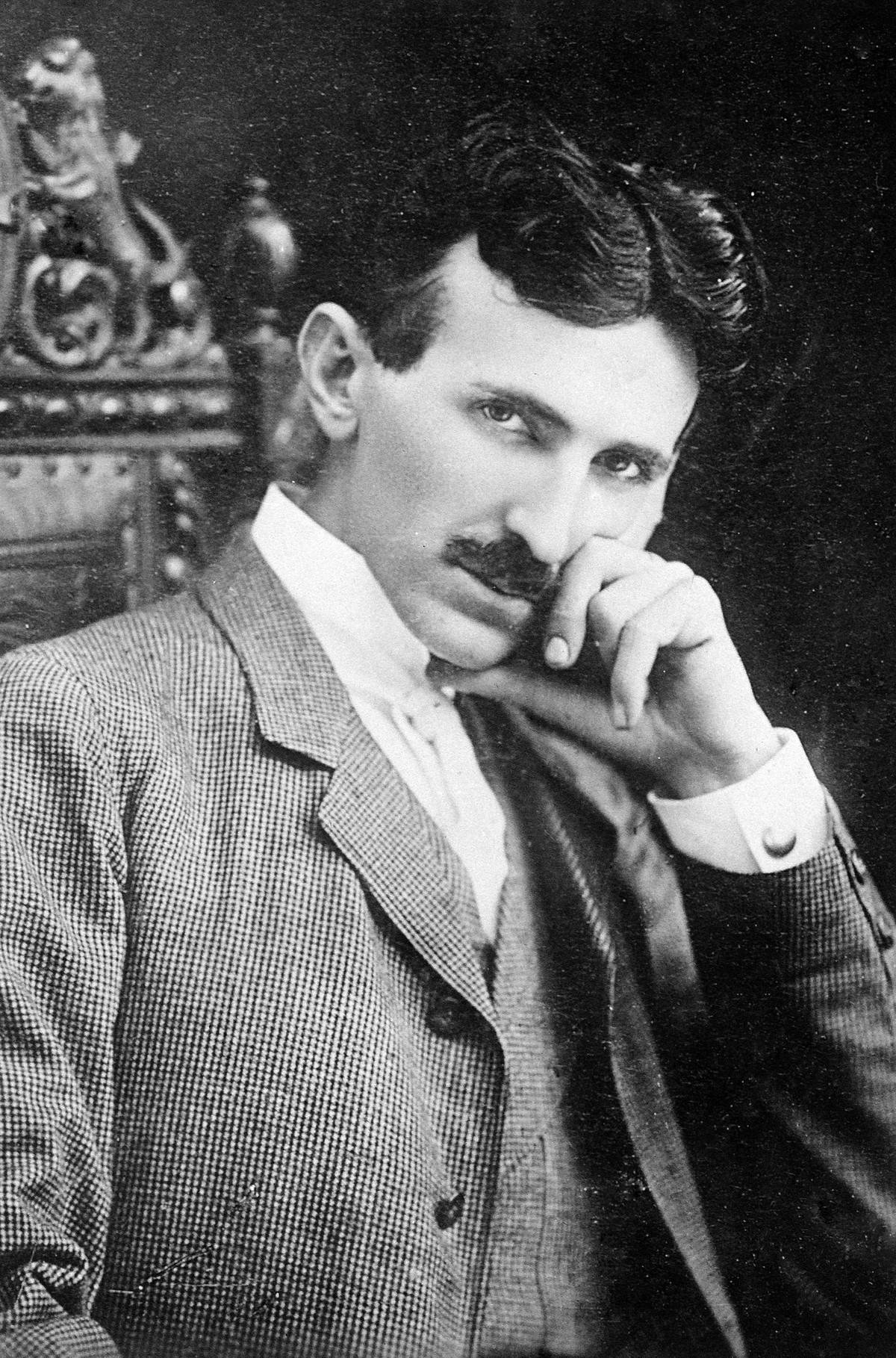
Nikola Tesla’s visionary ideas, including alternating current (AC) electricity, laid the groundwork for modern electrical systems. However, his rivalry with Thomas Edison and later financial struggles overshadowed his genius.
Tesla’s dream of wireless energy transfer remained unrealized during his lifetime. Today, his contributions are celebrated, and his name is synonymous with innovation, showing how time can bring recognition to those initially overlooked.
Vincent van Gogh: The Artist Unappreciated in His Time
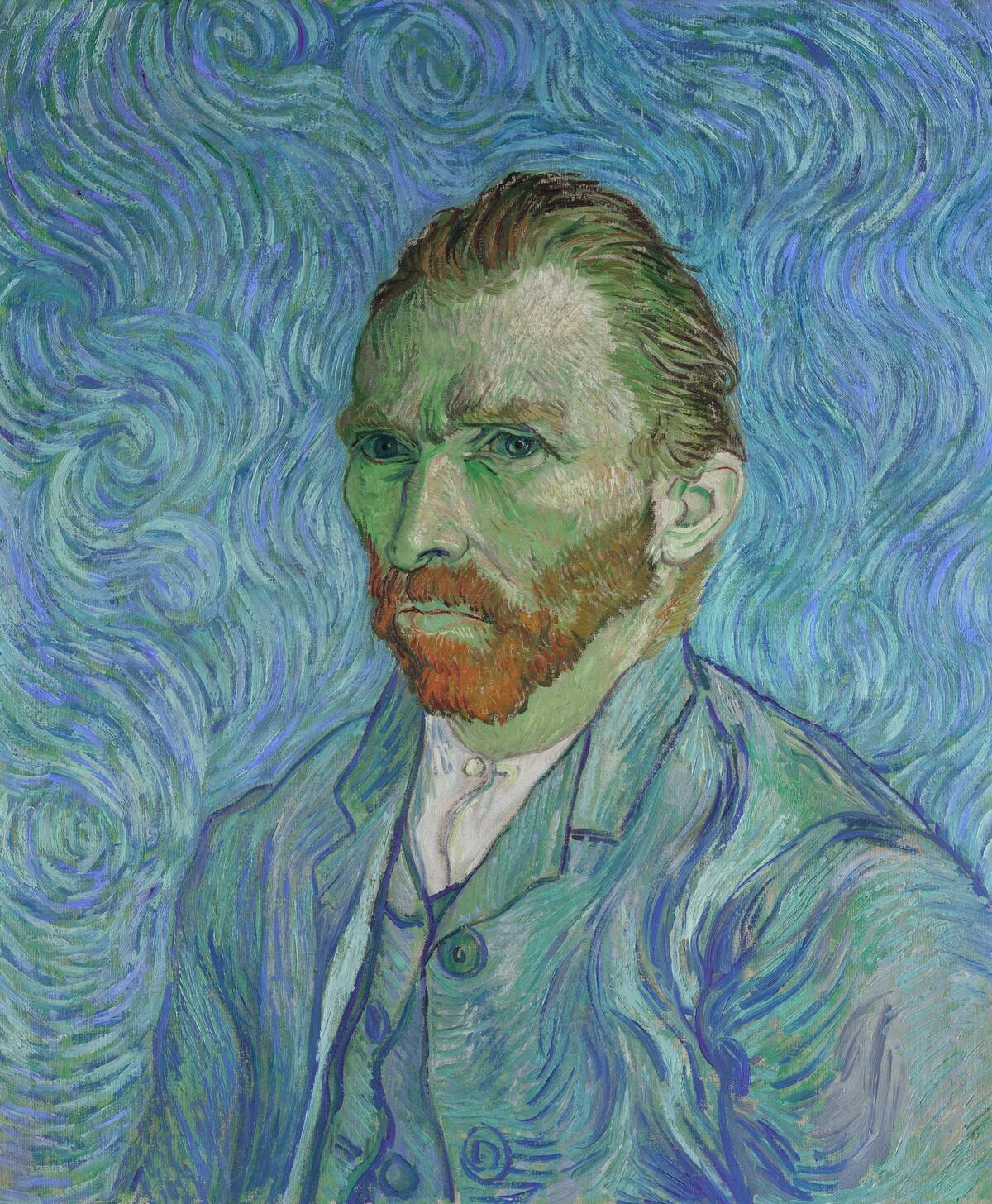
Vincent van Gogh’s bold use of color and emotive brushwork redefined the boundaries of art. Yet, during his lifetime, he sold only one painting, struggling with mental illness and poverty.
Van Gogh’s tragic end came in 1890 by his own hand, but his legacy grew posthumously, with his works now among the most valuable in the world. His story underscores the unpredictable nature of artistic success and the posthumous acknowledgment of genius.
Marie Antoinette: The Scapegoat of a Revolution
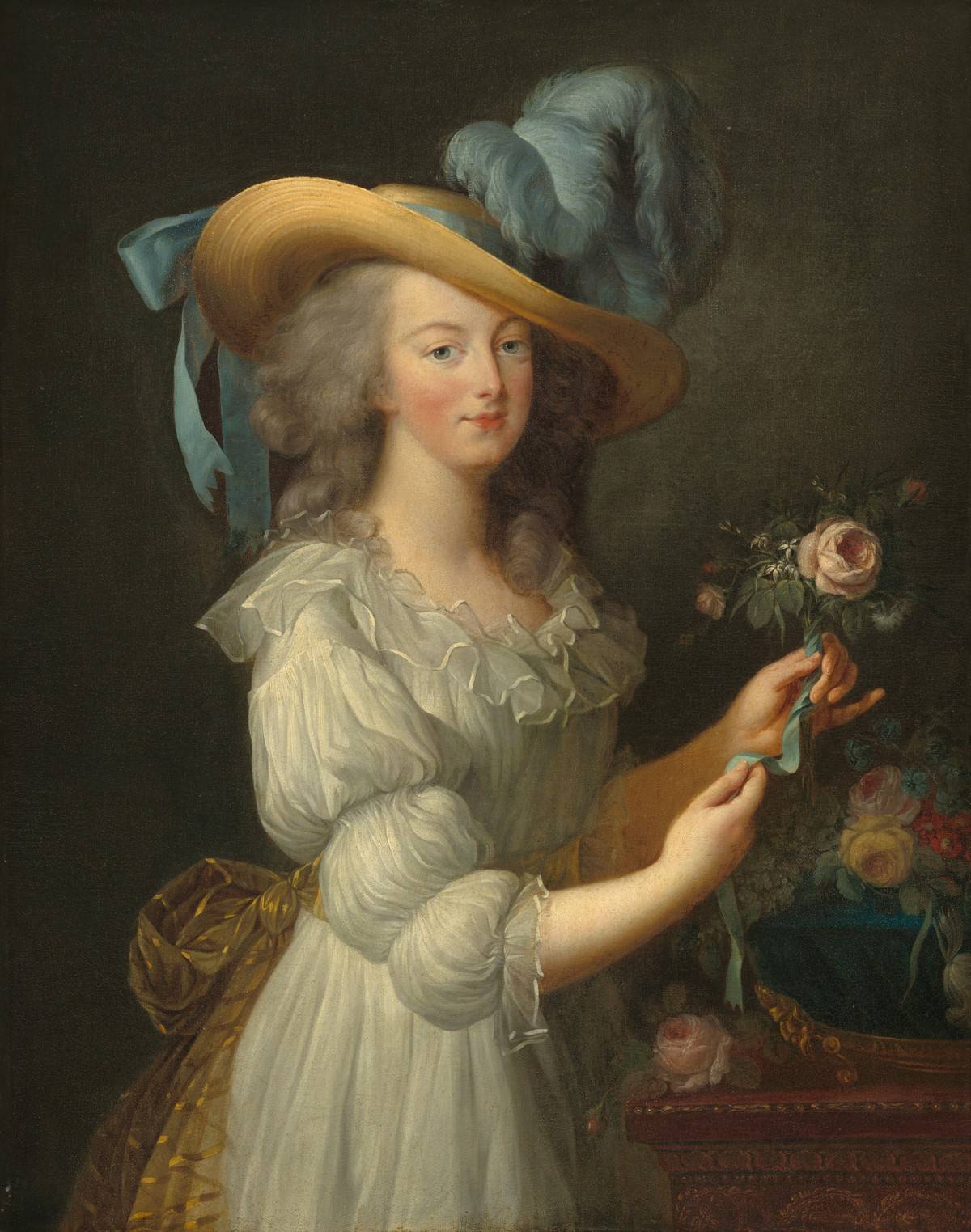
Marie Antoinette, the last queen of France before the French Revolution, became a symbol of royal excess and indifference. The infamous phrase “Let them eat cake,” though likely never spoken by her, encapsulated the public’s disdain.
She was executed in 1793, but modern historians view her as a scapegoat for the broader socio-political issues of the time. Her life reflects the perils of public perception and the complexity of historical narratives.
Socrates: The Philosopher Sentenced for His Ideas
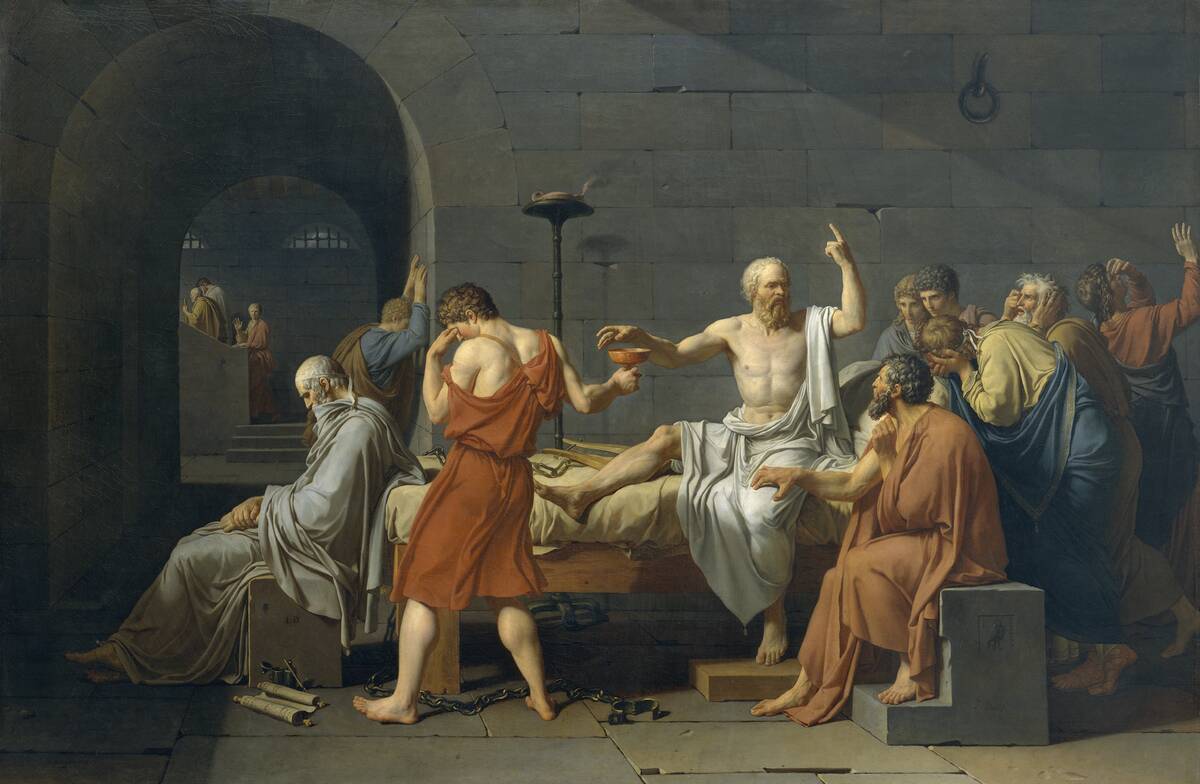
Socrates, the classical Greek philosopher, is celebrated for his contributions to ethics and epistemology. However, his method of questioning was seen as subversive, leading to charges of corrupting youth and impiety.
In 399 BC, Socrates was sentenced to death by hemlock poisoning. His legacy, immortalized by his student Plato, remains influential, demonstrating how revolutionary ideas often clash with established norms.
Alan Turing: The Codebreaker Persecuted for His Identity
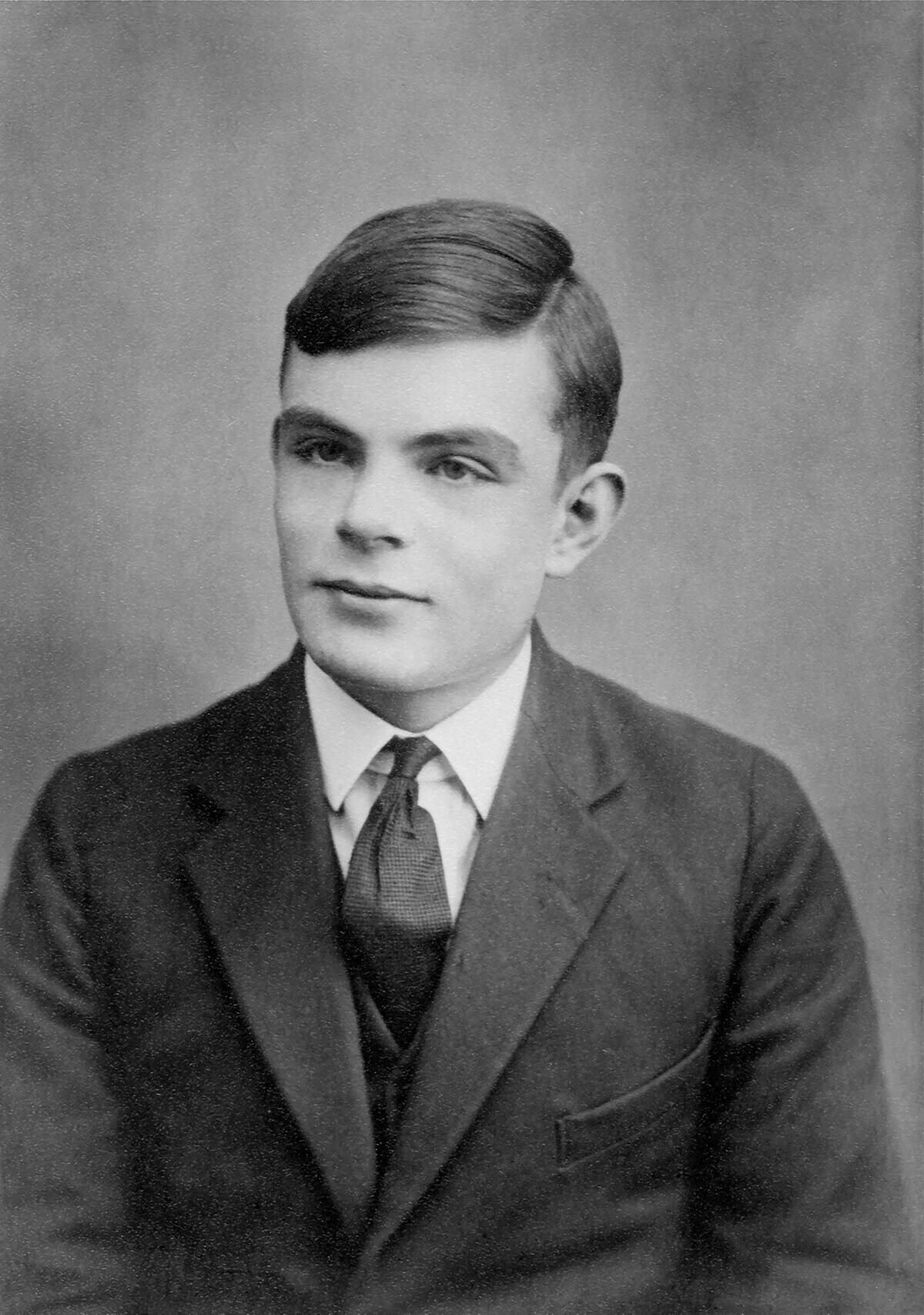
Alan Turing’s work during World War II, particularly in breaking the Enigma code, was crucial to the Allied victory. Despite his contributions, Turing faced persecution due to his homosexuality, leading to a conviction for gross indecency in 1952.
He was chemically castrated and died two years later due to mysterious cyanide poisoning. Decades after his death, Turing’s achievements and the injustice he suffered have been recognized, culminating in a posthumous royal pardon in 2013.
Cleopatra: The Last Pharaoh and the Power Struggles of Rome
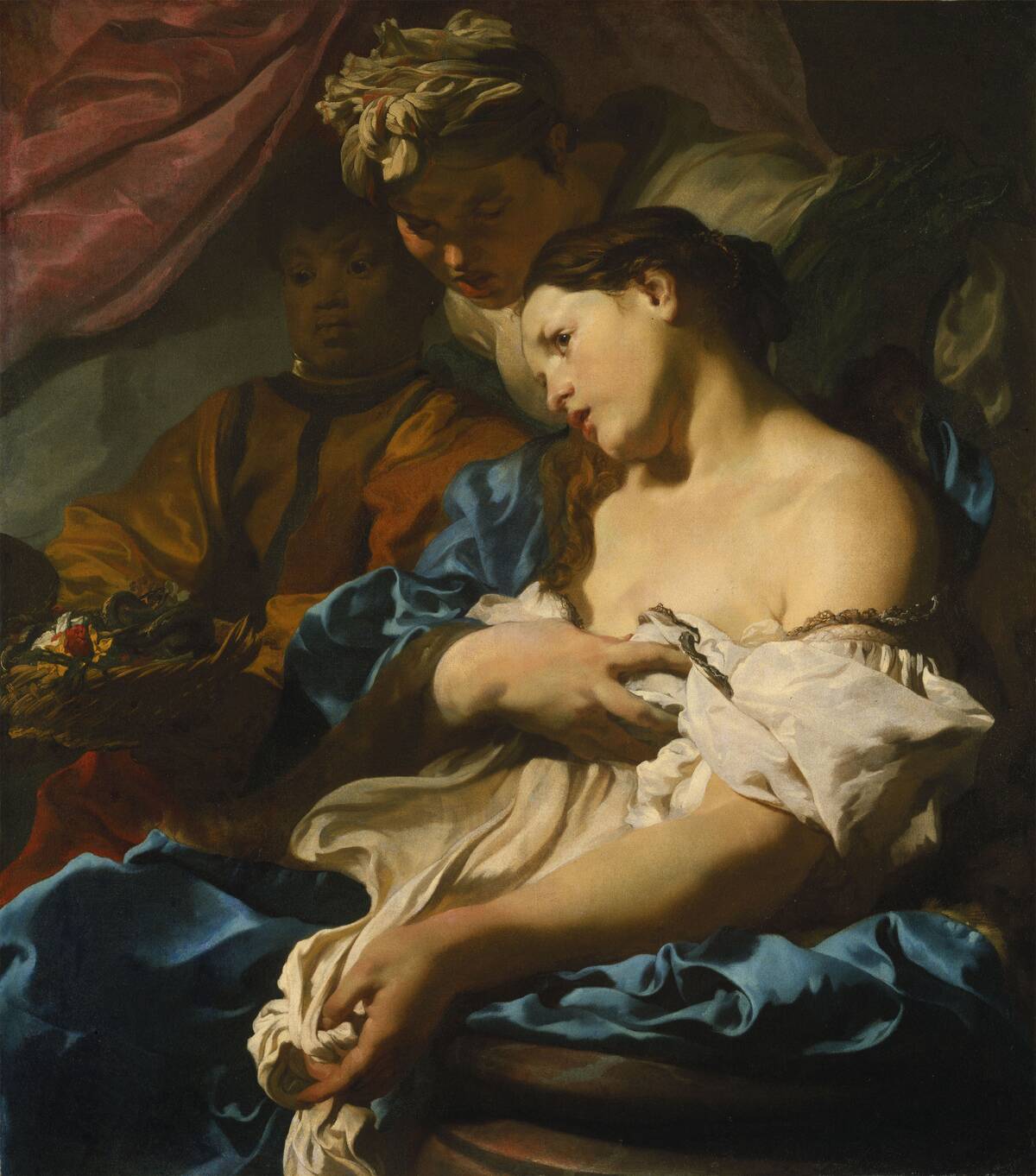
Cleopatra VII, the last active ruler of the Ptolemaic Kingdom of Egypt, is famed for her intelligence and political acumen. Her alliances with Julius Caesar and Mark Antony placed her at the heart of Roman power struggles.
After a defeat by Octavian, Cleopatra chose to die by her own hand in 30 BC. Her life has been subject to numerous interpretations, often overshadowed by Roman propaganda, yet she remains a figure of fascination and intrigue.
Oscar Wilde: The Playwright Punished for His Personal Life
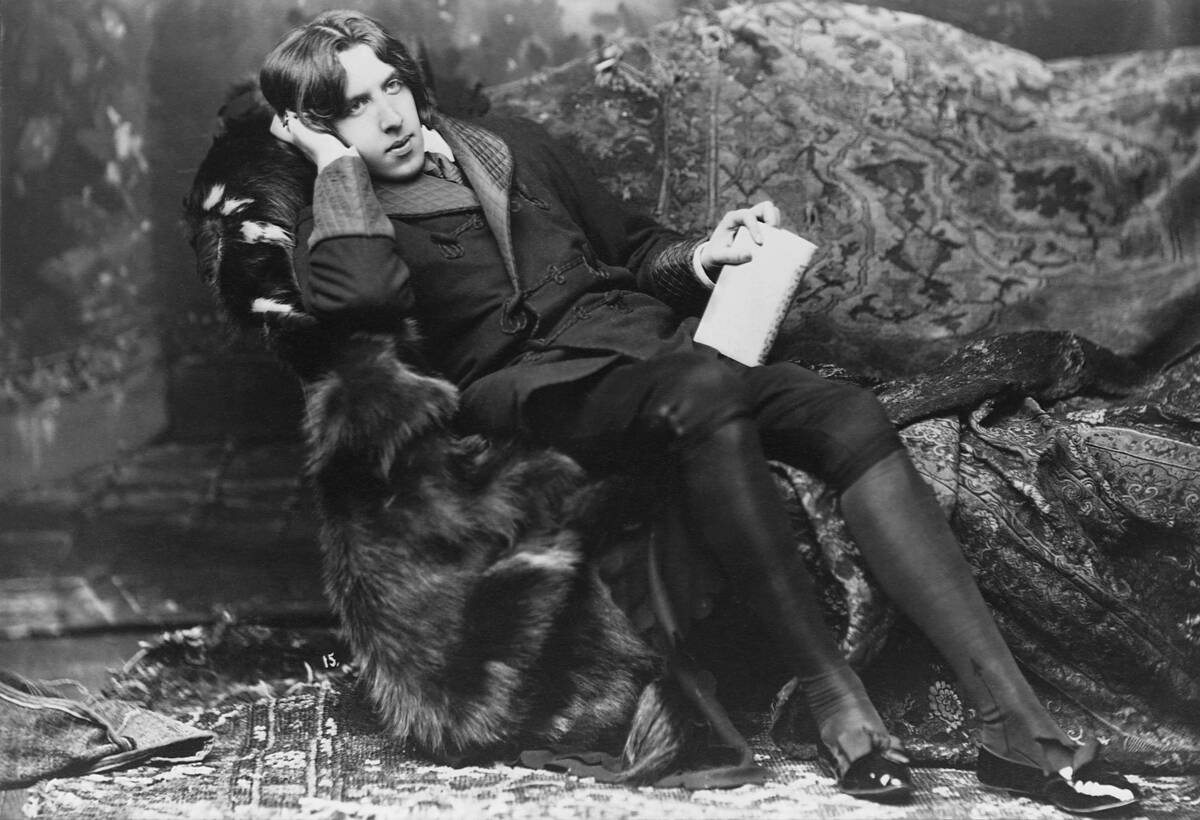
Oscar Wilde’s wit and literary prowess made him a darling of London’s social scene. However, his homosexual relationships led to a scandalous trial in 1895, resulting in imprisonment for gross indecency.
Wilde’s two years in hard labor broke his health and spirit. Despite these adversities, his works, including The Picture of Dorian Gray and The Importance of Being Earnest, endure, celebrated for their sharp critique of Victorian society.
Empress Dowager Cixi: The Misjudged Matriarch of Modern China
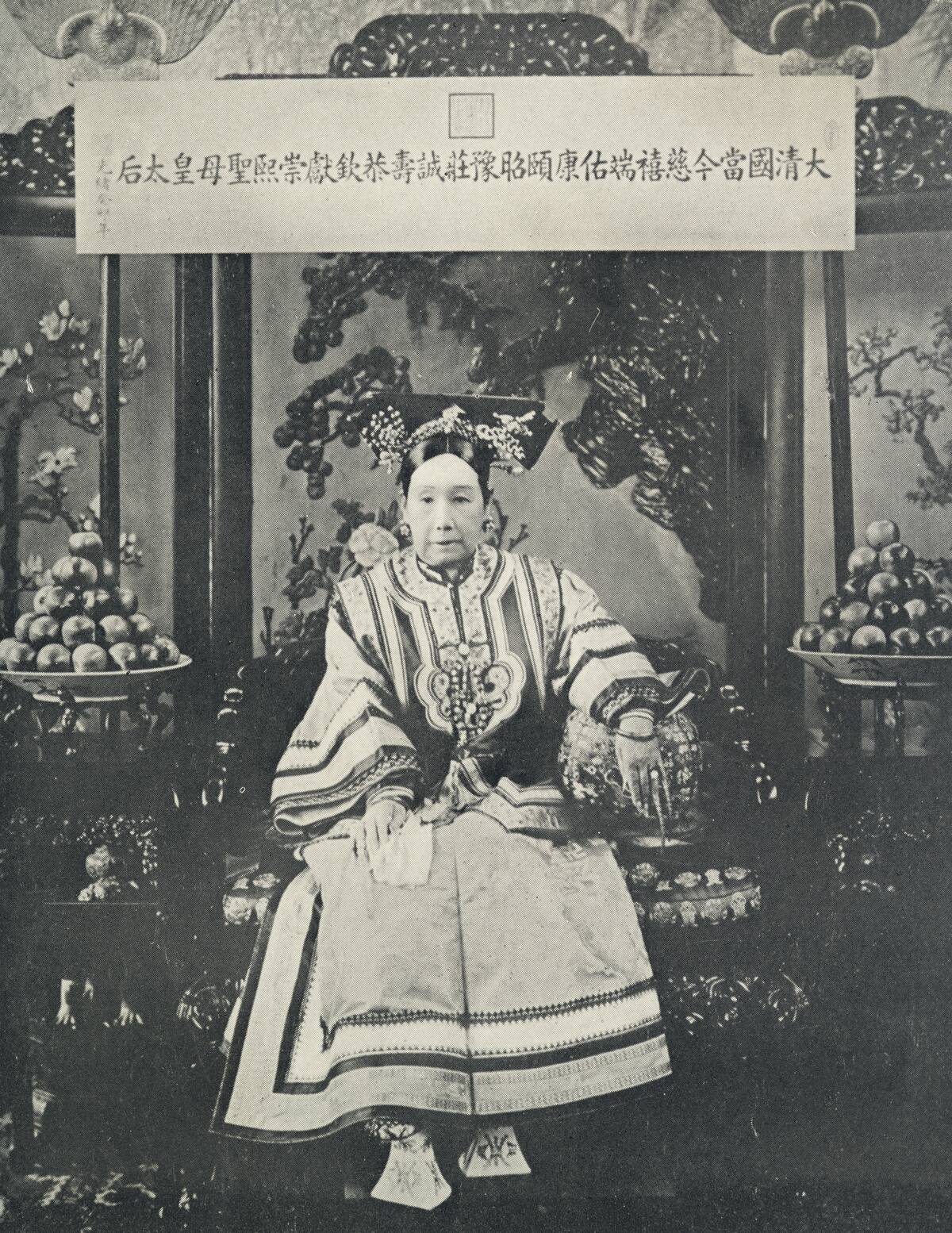
Empress Dowager Cixi ruled China de facto for nearly half a century during the late Qing dynasty. Often vilified as a despotic ruler who resisted modernization, recent scholarship suggests a more nuanced legacy.
Cixi implemented reforms that paved the way for modern China, challenging the traditional portrayal of her as an obstacle to progress. Her life exemplifies the complexities of leadership and the reinterpretation of historical figures.
Nikolaus Otto: The Engineer Outpaced by Industrial Giants
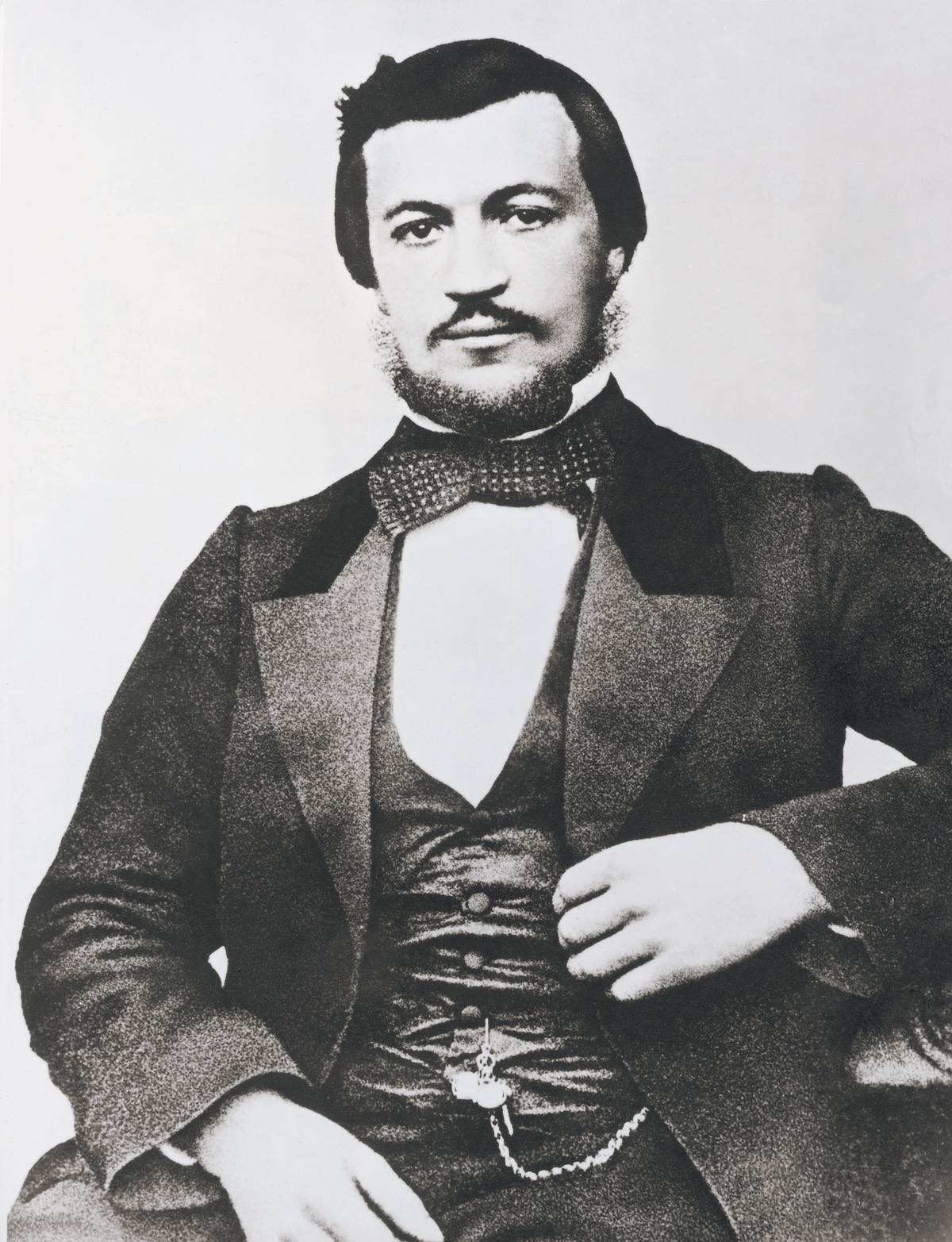
Nikolaus Otto was a pioneer of internal combustion engines, developing the four-stroke engine known as the Otto cycle. Despite his groundbreaking work, Otto faced fierce competition from industrial titans like Daimler and Benz, who built upon his inventions.
While not as widely known today, Otto’s contributions remain foundational to automotive engineering, underscoring the oft-overlooked innovators behind major technological advancements.
Hypatia of Alexandria: The Scholar Caught in a Religious Upheaval
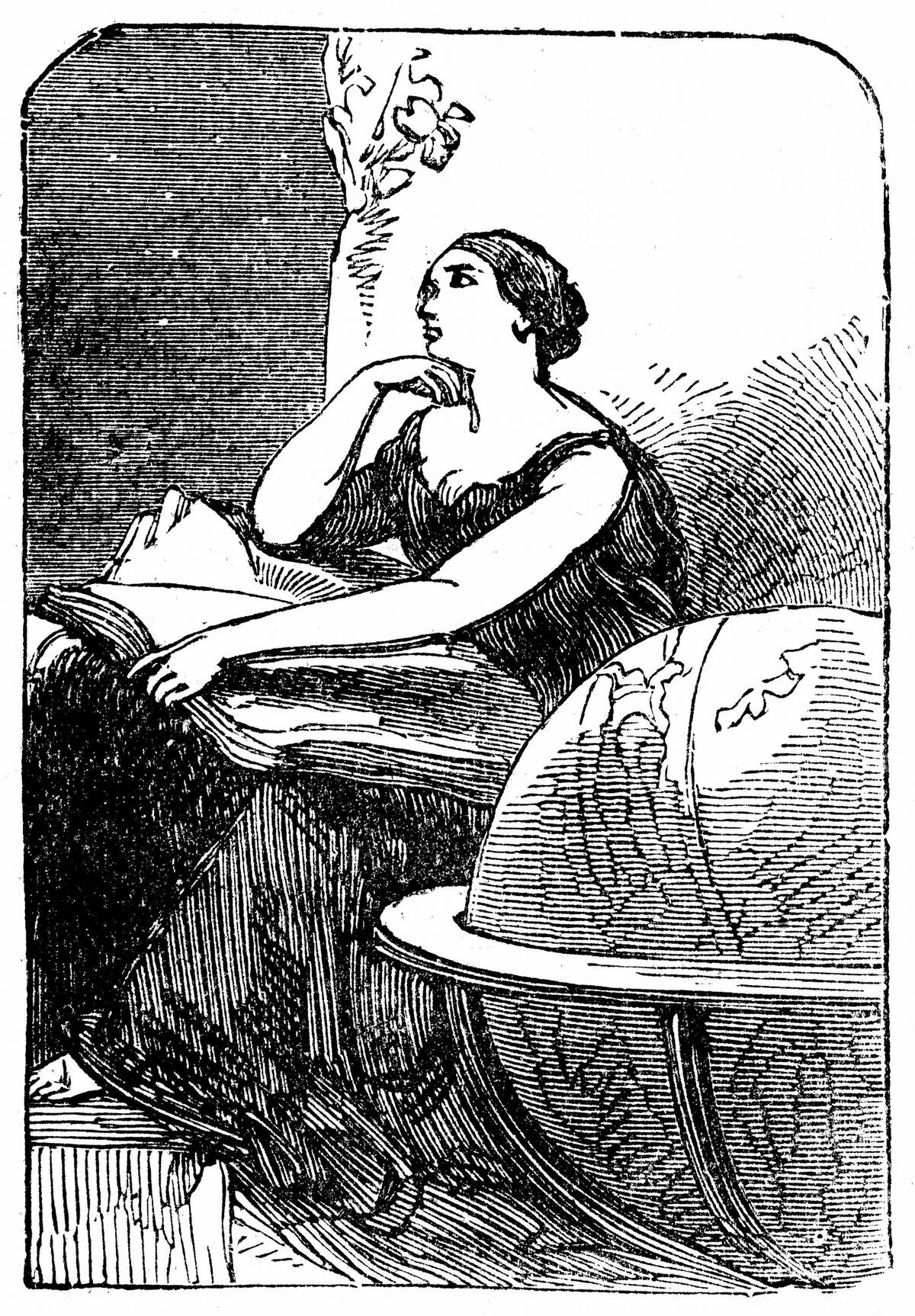
Hypatia, a renowned mathematician and philosopher in 4th-century Alexandria, symbolized the Hellenistic intellectual tradition. Her murder by a Christian mob in 415 AD marked the violent intersection of religious fervor and academic inquiry.
Hypatia’s life and death illustrate the vulnerability of knowledge and reason in the face of ideological conflict, yet her legacy endures as a beacon of scientific inquiry and philosophical thought.
Ludwig van Beethoven: The Composer Challenged by Fate
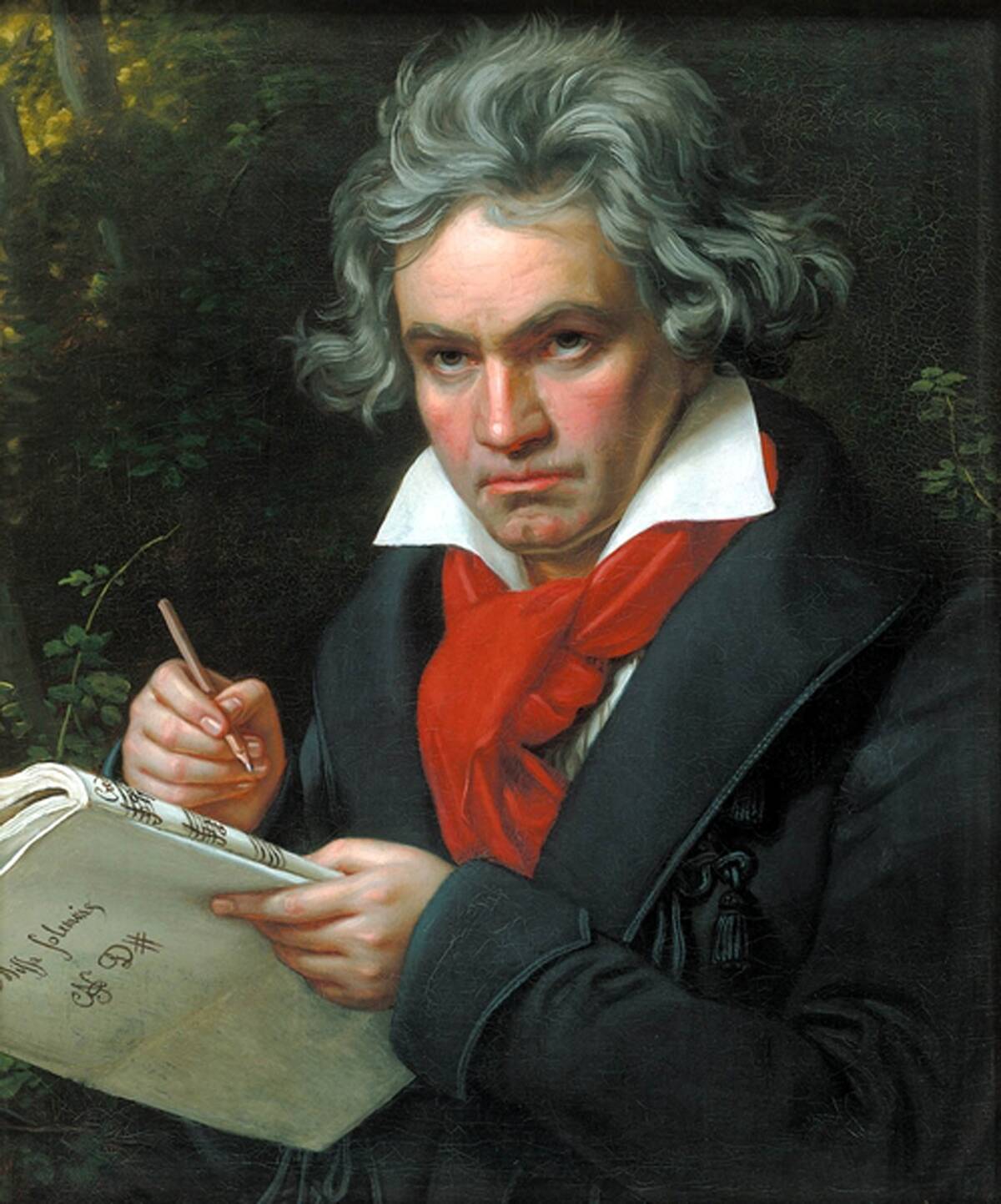
Ludwig van Beethoven’s symphonies and sonatas are cornerstones of classical music, yet his life was marred by personal struggles. Despite his encroaching deafness, Beethoven composed some of his greatest works, including the Ninth Symphony.
His resilience in the face of adversity has immortalized him as a symbol of artistic triumph over personal hardship, illustrating the transformative power of music and the indomitable human spirit.



